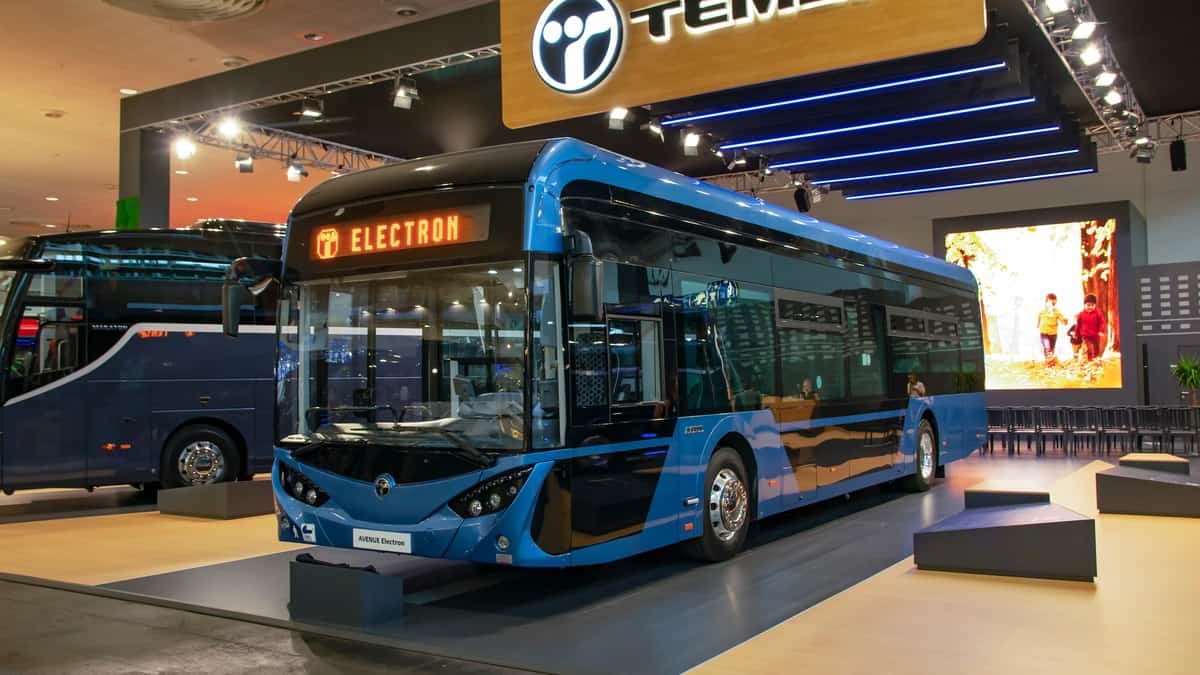As gas prices skyrocket, so do the hunt for alternative resources. Electric vehicles like Tesla are restoring a well-constructed way to minimize this issue by using electricity instead of fossil fuels and gasoline to power our economy. This can be environmentally and financially friendly, as per Royal Purple News.
The University of Wisconsin-Whitewater benefits from EV use on its campus. It is not unusual to see these university-owned EVs driven around by the staff or parked near the entrance of the Anderson library.
In addition, the university provides two charging locations: a single-post charger placed at the General Services building and is designed to serve an EV in the service or rental vehicle fleet. The other is a dual-post charger in the parking lot next to Upham Hall. It is designed to serve the wider campus community conveniently.
Alternative transportation, like electric cars, aids in reducing negative environmental impacts like pollution and greenhouse gas (GHG) emissions emitted from vehicles.
Notably, electric vehicles have been a controversial topic for many years. However, as we rise into the future, the idea transformed to be not so far-fetched.
Many companies have been working to create affordable EV services nationwide and worldwide.
Electric vehicle services
For instance, Autonomy is a subscription service that lets you rent an EV without any ownership commitment. Autonomy has been highlighted in the iHeartRadio, Wall Street Journal, and many other productions. Additionally, the company is gradually progressing in social media and publicity.
Owning a hybrid or all-electric vehicle is no longer reserved for those who can only spend a significant amount of money. Still, over time, it has become more readily available to those who shift to EVs.
Notably, electric scooters made their way into Whitewater not long ago and have been incredibly popular among students who can quickly make it to their classes without needing another type of transportation.
Transportation as a Service (TaaS) approach
EV deployment in transport fleets is a major development. According to DTE, RethinkX, a US-based think tank, identified the ability of the Transportation as a Service (TaaS) approach in the American market in the future, led by EV use deployed by Lyft and Uber.
This approach aids in reducing the cost of EV ownership in three ways:
- Lifetime operating costs are significantly lower for EVs compared to internal combustion engine (ICE) vehicles.
- The electric vehicle will cover greater miles than ICE vehicles during their lifespan
- Vehicle utilization is much higher when compared to individually owned vehicles.
Electric vehicle deployment
It is worth noting that these findings are critical for several aspects as it builds a case of EV deployment in the public transport systems and other optimization services such as car hire and taxi fleets.
In turn, electric vehicles prevent pollutants and GHG emissions over their lifespan, as shown by the Natural Resources Defense Council and Electric Power Research Institute.
Furthermore, EV deployments through shared transportation systems are essential to demonstrate vehicle feasibility. Electric transport would also enhance the development of green electricity.
The Global Green Growth Institute helped the Himachal Pradesh government to identify the feasibility of electric buses in the state.
The organization noted that the ownership cost of shifting to electric buses would reduce lifecycle maintenance costs by over 85% compared to existing buses (when the direct and indirect costs of diesel buses undergoing repair were considered).
These electric vehicles were once just a dream and a goal. Today, they are showing a promising future for greener transportation.

